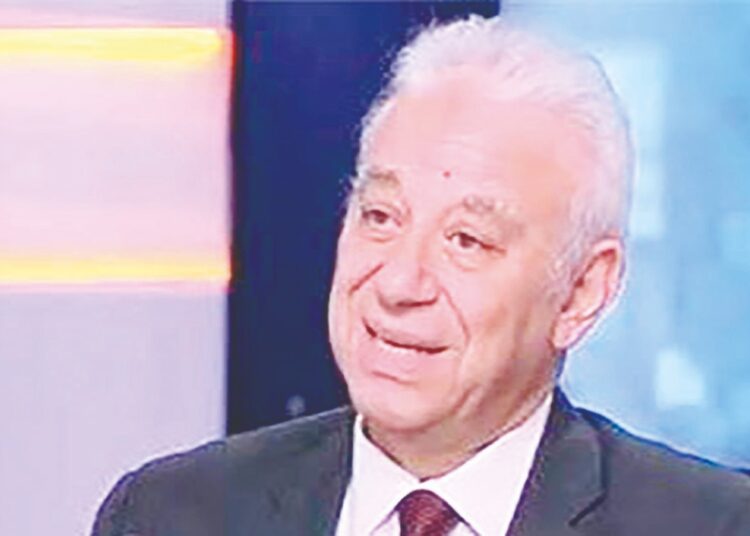With the approach of summer, air pollution rises due to higher temperatures, humidity and dust, which all trigger severe, uncontrolled asthma (SUA) attacks in some patients. During these attacks, the airways swell, causing narrowing of the bronchi.
Concerning symptoms of such attacks, Dr Adel Khatab, professor of chest diseases at Ain Shams University, referred to acute shortness of breath, chest pain, sleep disturbance due to wheezing and frequent coughing with runny nose and sneezing.
Dr Khatab said asthma is a global health problem affecting 350 million people around the world. Statistics indicate up to 50 per cent of patients wit asthma suffer from AUS, while according to local figures the rate of AUS is low in Middle East region not exceeding 40 per cent.
This disease reduces the patient’s activities, and 55 per cent of sufferers experience the negative effects of the complaint on their family relationships, while 54 per cent with AUS say they are affected with depression.
AUS is a chronic condition that makes breathing difficult, causing inflammation and narrowing of the respiratory airways of the lung and blocking the flow of air into bronchial tubes. That leads to tightness of the chest, shortness of breath, coughing and wheezing. These symptoms differ in severity and variety from person to person. AUS is the most common disease among young children, specifically at the age of five.
Dr Khatab said available medications cannot fully cure the disease.
Therefore, the patient should be treated regularly to control the disease because the therapy can only alleviate the attacks. Although there are multiple treatments available, SUA still affects the personal and professional life of patients and their caregivers. Even so, oral and intravenous therapies cannot eliminate breathing difficulties.






Discussion about this post